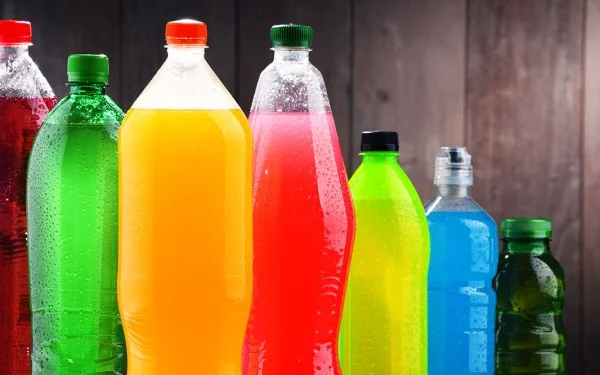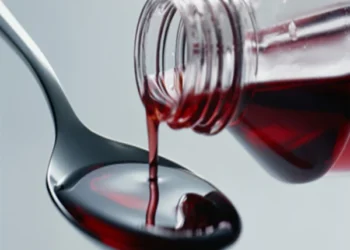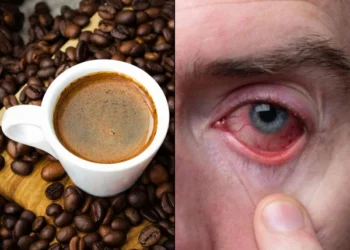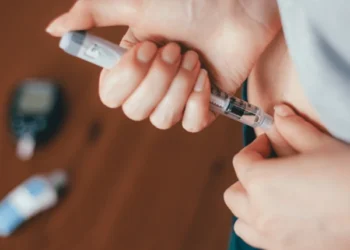Introduction
Recent studies have raised alarm bells over the consumption of sugary drinks, linking them to a higher risk of oral cancer. A groundbreaking study conducted by the University of Washington has found that individuals who consume at least one sugary soft drink daily are five times more likely to develop oral cancer than those who abstain from such beverages. This revelation sheds light on the growing concern that dietary habits play a crucial role in the increasing cases of oral cancer, especially among younger individuals who do not smoke or drink alcohol.
The Rising Threat of Oral Cancer
Oral cancer has traditionally been associated with individuals who engage in high-risk behaviors such as smoking, alcohol consumption, and chewing tobacco. However, recent years have seen a surge in cases among young, otherwise healthy individuals with no prior history of these risk factors. The University of Washington’s study underscores the possibility that excessive sugar intake, particularly through sweetened beverages, may be a major contributing factor to this alarming trend.
Key Findings of the Study
Researchers at the University of Washington analyzed data from thousands of patients diagnosed with oral cancer and compared their dietary habits with those of cancer-free individuals. The study found:
- People who drink at least one sugary beverage daily have a fivefold increased risk of developing oral cancer.
- The risk remains high regardless of whether individuals engage in traditional risk behaviors such as smoking or alcohol consumption.
- The rising consumption of sugary drinks among younger generations coincides with an increase in oral cancer diagnoses in this demographic.
- High sugar intake is associated with chronic inflammation and increased acidity in the mouth, creating an environment conducive to cancer cell growth.
Why Are Sugary Drinks So Harmful?
Sugary beverages, including soda, energy drinks, and sweetened juices, contain excessive amounts of refined sugar, artificial additives, and preservatives. These components contribute to a range of health issues, including:
- Tooth Decay and Gum Disease: The high sugar content in soft drinks feeds harmful bacteria in the mouth, leading to cavities and gum infections, both of which increase the risk of oral cancer.
- Inflammation and Insulin Resistance: Excessive sugar consumption can cause chronic inflammation and insulin resistance, both of which have been linked to cancer development.
- Acidic pH Levels: Many sugary drinks are highly acidic, eroding tooth enamel and creating a favorable environment for harmful bacteria and potential carcinogens.
- Obesity and Metabolic Disorders: High sugar intake is a well-known contributor to obesity and metabolic disorders, both of which have been associated with an increased risk of various cancers, including oral cancer.
The Role of Diet in Cancer Prevention
The findings from this study emphasize the importance of maintaining a healthy diet to reduce the risk of oral cancer. Experts recommend the following dietary adjustments:
- Reduce Sugar Intake: Limiting the consumption of sugary beverages and opting for healthier alternatives such as water, herbal teas, and unsweetened fruit juices.
- Increase Antioxidant-Rich Foods: Consuming a diet rich in fruits, vegetables, and whole grains can help neutralize harmful free radicals that contribute to cancer formation.
- Maintain Good Oral Hygiene: Brushing and flossing regularly, along with routine dental check-ups, can help prevent infections and detect early signs of oral health issues.
- Avoid Processed Foods: Processed foods often contain hidden sugars and preservatives that can negatively impact overall health.
Expert Opinions and Recommendations
Health experts and oncologists are now calling for greater awareness of the dangers of excessive sugar consumption. Dr. Emily Carter, a leading oncologist at the University of Washington, states:
“For decades, we have focused on smoking and alcohol as primary risk factors for oral cancer. However, our research indicates that dietary habits, particularly high sugar intake, can be just as dangerous. It is crucial that individuals make informed choices about their nutrition to mitigate these risks.”
Furthermore, public health officials are advocating for stricter regulations on the sale and marketing of sugary beverages, similar to anti-tobacco campaigns. Schools and workplaces are also being encouraged to provide healthier beverage options to reduce sugar consumption among children and adults alike.
Conclusion
The University of Washington’s study provides compelling evidence that sugary drinks pose a significant threat to oral health, extending beyond tooth decay and obesity to potentially life-threatening conditions like oral cancer. As cases continue to rise, it is imperative that individuals adopt healthier dietary habits and remain vigilant about their oral health. By reducing sugar intake, promoting healthier beverage choices, and spreading awareness, we can take a crucial step toward combating the growing incidence of oral cancer and improving overall well-being.

























